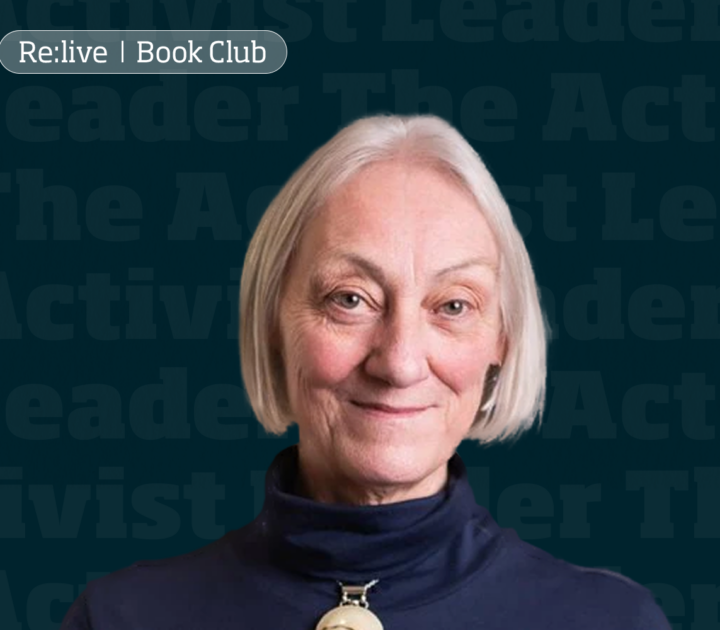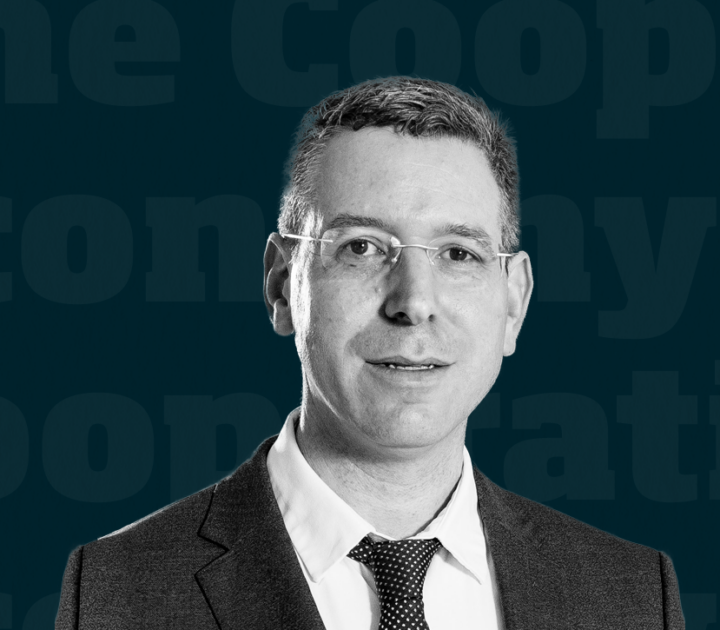Financing the SDGs: The urgency of now

This webinar led by Vanina Farber, elea Chair of Social Innovation and Jean-Philippe de Schrevel, Founder and Managing Partner of Bamboo Capital Partners, appeared live on Wednesday, 15th April at 11am CEST.
In recent years, ‘blending’ has become a common development finance term. The practice combines official development assistance with other private or public resources, in order to’‘leverage’ additional funds from other actors.
What’s the true potential of blended finance structures in terms of tackling the world’s biggest challenges? In this webinar, Professor Vanina Farber speaks with Jean-Philippe de Schrevel to unpack some of the valuable lessons gleaned from years of experience in impact investment in terms of achieving the Sustainable Development Goals (SDGs).
Jean-Philippe de Schrevel outlines the thinking behind SDG500, a $500 million investment platform to help achieve the SDGs. Using debt and equity to “bridge the financing gap between seed and growth stage” for businesses in emerging and frontier markets, SDG500 brings a variety of public and private organizations together in creating blended financing opportunities to achieve the 169 specific targets of the 17 SDGs. Each partner organization is associated to a specific fund where it brings its deep expertise and extensive presence in the field.
Jean-Philippe de Schrevel describes why blended finance solutions can be win-win solutions. For the private sector, blended finance is a de-risking mechanism that is particularly attractive in areas with a limited track record. Furthermore, blended finance provides opportunities for public and philanthropic actors to be more efficient in the delivery of aid. Blended finance is currently one of the only ways to ramp up capital investments to meet the goals of the 2030 SDG agenda.
Jean-Philippe de Schrevel also details the specific mechanism designs that Bamboo Capital Partners uses to structure blended finance funds. The funds are structured in two to three tranches where public and philanthropic money takes a first-loss position that catalyzes investment from private investors. Through structured tranches, Bamboo is able to de-risk SDG investments and offer different risk-return profiles to a variety of actors.
In addition to a more diverse and attractive financial return profile, blended finance can also deliver superior impact. Jean-Philippe de Schrevel explains that blended finance enables deeper penetration into the market by investing in high-risk, high-impact early stage companies that may only require small ticket sizes. Pairing public and private actors also creates opportunities for cross-fertilization and the sharing of best practices.
The current and anticipated impact of the COVID-19 crisis on impact investing is a key question. In response to how it has impacted Bamboo Capital Partners’ own investments, Jean-Philippe de Schrevel explains: “COVID-19 will have an impact on our current investments and mostly so in terms of how the companies we support are being organized. The crisis has affected the employees of the companies in which we invest, as well as their clients, and that of course triggers many operational changes. We also support low-income individuals through our portfolio of companies, and the extent of the economic damage of the crisis will depend on the impact of the health crisis on this population.”
Commenting on the health crisis, Jean-Philippe de Schrevel warns against scaling back now: “Yes there’s a healthcare crisis but very soon after, there will be an economic one. In frontier and emerging markets the backbone of those economies are the SMEs, the small companies and the low-wage workers. So if we’re serious about helping those countries, now’s not the time to scale down investments for an impact that helps emerging markets. It’s the opposite; now is the precise moment to increase support, otherwise the backlash will be severe.”
Jean-Philippe de Schrevel concludes with seven key take-aways from the discussion, including the need for champions in large organizations to get things moving and pressure from the demand side to incorporate social and environmental objectives into financial products and services.
To find out more about upcoming webinars from the elea Center for Social Innovation, please visit the Center’s page here.
Research Information & Knowledge Hub for additional information on IMD publications
Fatbergs and grease waste from industrial kitchens are hardly the most enticing topics for a business school case study. Yet ZhanaSolutions, the st...
The market power of monopolies can severely restrict citizens’ freedom of choice. In the case of utilities, often portrayed as natural monopolies, ...
The case describes IKEA’s new approach to making an impact through IKEA Belgium’s “Welcome Home Project,” dedicated to assisting single-parent fami...
How can innovative solutions to address societal grand challenges be cultivated in a pragmatic and impactful way? In this article, we propose the “...
Research Information & Knowledge Hub for additional information on IMD publications
Research Information & Knowledge Hub for additional information on IMD publications
in Academy of Management Perspectives May 2024, vol. 38, no. 2, https://doi.org/10.5465/amp.2022.0105
Research Information & Knowledge Hub for additional information on IMD publications
Research Information & Knowledge Hub for additional information on IMD publications
in Journal of Management 5 April 2024, ePub before print, https://doi.org/10.1177/01492063241240713
Research Information & Knowledge Hub for additional information on IMD publications
Research Information & Knowledge Hub for additional information on IMD publications
Research Information & Knowledge Hub for additional information on IMD publications
Research Information & Knowledge Hub for additional information on IMD publications
in I by IMD 19 December 2023
Research Information & Knowledge Hub for additional information on IMD publications
in I by IMD 15 December 2023
Research Information & Knowledge Hub for additional information on IMD publications






